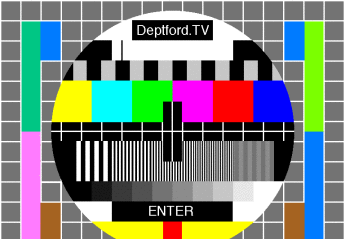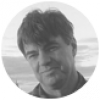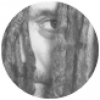Oliver and Adnan presented the ‘S.o.S’ Piratebox and beyond @ the Besides the Screen conference Piracy.
“Show & Tell: the ‘S.o.S’ piratebox & beyond” presents the reflections of the journey of the ‘S.o.S’ piratebox, a research hosted and interlinked with work-and-research structures of the Brazil Besides the Screen conference, the Istanbul Video Vortex event, the reSync Athens workshop, and finally the Berlin Transmediale festival. Materials were loaded onto a research-black-box (Pirate-Box) that could & can accumulate and ‘commonize’ critical material, travel and be presented at any place in any time.
In perspective we aimed at two ways to make these ‘pre-syncs’ valuable for future common use:
1: restreet, AWMN and local knowledge commons production: we were collectively thinking about ways to network and share the material in ways useful to pre-existing local structures
2: The ‘Glossary of Subsumption : collective edition’ will be a longer-term project creating critical collective characterizations of new forms of ‘integrative power’ and ‘value extraction’ in the post-media age.
Oliver Lerone Schultz and Adnan Hadzi from Besides the Screen on Vimeo.
Our friend Jonas Andersson Schwarz presented a paper on Torrentocracy: Archival chivalry and piratical honourability:
Using my own empirical research on file sharing communities and everyday file sharer justification, I explore a range of sociological observations, reflecting the human tendency to form social clusters and draw up normative boundaries. Taking the phenomenon of private BitTorrent trackers and their auxiliary online communities into consideration, I explore how boundaries of membership, status, taste, and individual norm are policed.
There is more to file sharing than The Pirate Bay. Private tracker communities are covert archives that often excel in quality and depth, yet—due to their clandestine nature, enforced due to the rigidity of presently surrounding copyright regimes—they remain far from utopian, far from public even, since far from everyone would have the social capital and technical skill to access them.
In my presentation, I will delve on issues of charismatic authority, the formation of sociotechnical fields, and the emergence of de facto hierarchical structures in an allegedly heterarchical environment. One of my key arguments is the necessity to treat file sharer motivation with appropriate levels of critical concern; here, the academic field of critical media studies should serve as a guiding light. If media consumers are increasingly becoming (co)producers and (co)distributors as well, these latter roles entail a power dimension; the power to influence, and the power to build and maintain infrastructure. At what point does these forms of power become significant enough to be worthy of adequate critical investment among sociologists of digital life?
Jonas Schwarz from Besides the Screen on Vimeo.








